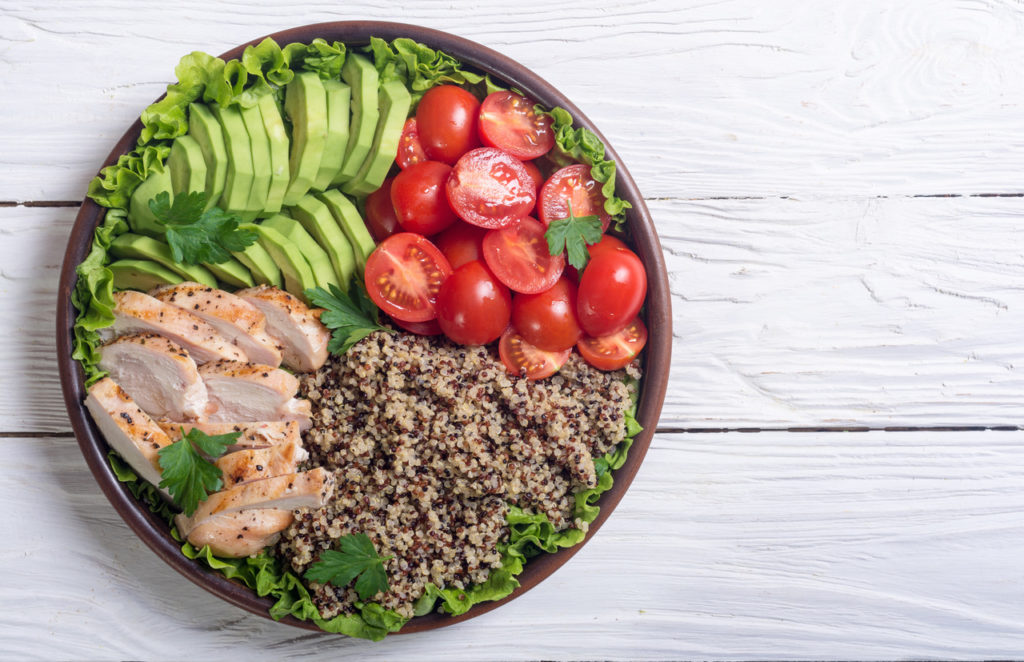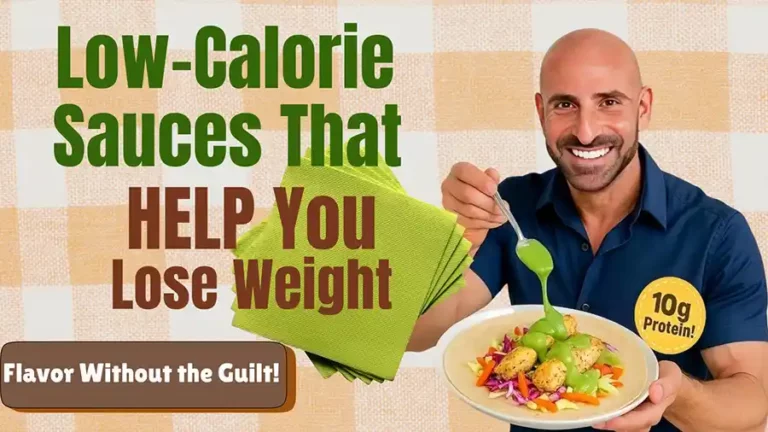
Eating “plant-based“ is a trend that has reached a very high, and very sudden, peak as of late. Whether people do it for health, moral or environmental reasons, this way of eating isn’t going to go away. Billionaires are already investing in companies that specialize in plant-based meat substitutes like Beyond Meat in anticipation that plant-based eating is going to take the world by storm very soon. However, what’s the difference between being plant-based, vegetarian or vegan? How do us, the dietitians, weigh in on these eating patterns?
Vegans and vegetarians are relatively straightforward. Vegans do not consume any animal products whereas vegetarians may consume products produced by animals rather than eating the animal itself like eggs, milk, honey or cheese. When it comes to “plant-based” eaters, however, the fact is there is no official definition of the term, which is where the confusion comes from. From my perspective, I am not a vegetarian or vegan, but I consider myself to follow a plant-based diet. This means what my plate looks like is 50% or more of fruits and vegetables, 25% whole grains and 25% animal protein. Since about 75% of my plate (and therefore my diet) comes from plants, you could say that I’m a plant-based eater. Therefore, my definition of “plant-based” would be still consuming animal products, but most of your diet comes from fruits, vegetables and whole grains.
A plant-based diet is something I fully endorse because it is a super nutritious way to get in all of vitamins, minerals and antioxidants plants have to offer. However, you also get all of the nutrients you need from animal products like high quality protein, more bioavailable iron, calcium from dairy and Vitamin B12 which are all nutrients of concern for people who do not eat animal products. When one’s diet is dominated by meat however, especially meat that is not lean, to the point that it displaces fruits and vegetables in the diet that’s when you may start to see risk of disease. Eating meat isn’t bad, but eating so much that you can’t get in your fruits, veggies and whole grains can be.
According to a study conducted by the CDC, despite the fact that plant-based diets prevent disease and improve health which is a scientifically proven fact, only 1 in 10 Americans eat enough fruits and vegetables every day. An even more alarming statistic is that 20,000 cases of cancer could be prevented if only half of all Americans simply increased their consumption of fruits and vegetables by 1 serving every day, regardless of if they are organic or not. There’s not one clear reason as to why Americans seem to have such a difficult time meeting the recommendations of fruits and vegetables. However, a big part of that reason could be that our diets tend to gravitate towards highly processed foods, refined sugars and too much saturated fat from excessive meat consumption. Another barrier Americans are running into is activists like the dirty dozen using scare tactics to convince people the only produce they should be eating is organic. However, a vast majority of people cannot afford organic and resort to eating no fruits and vegetables at all. This is a dangerously irresponsible way to promote health.
The bottom line? As Americans we all need to increase our fruits and vegetables no matter what diet we choose to follow. We need to be sure we are getting in 9 servings of fruits and vegetables each day and making at least half of our grains whole grains. However, going fully vegan does not guarantee health and, if done outside of the guidance of a registered dietitian, can lead to nutrient deficiencies. If you do choose to eat meat, try to choose lean meats most of the time and make sure you are pairing them with generous portions of fruits and vegetables. If this style of plant-based eating becomes the trend we are anticipating it will be, we can drastically improve our health as a country.





